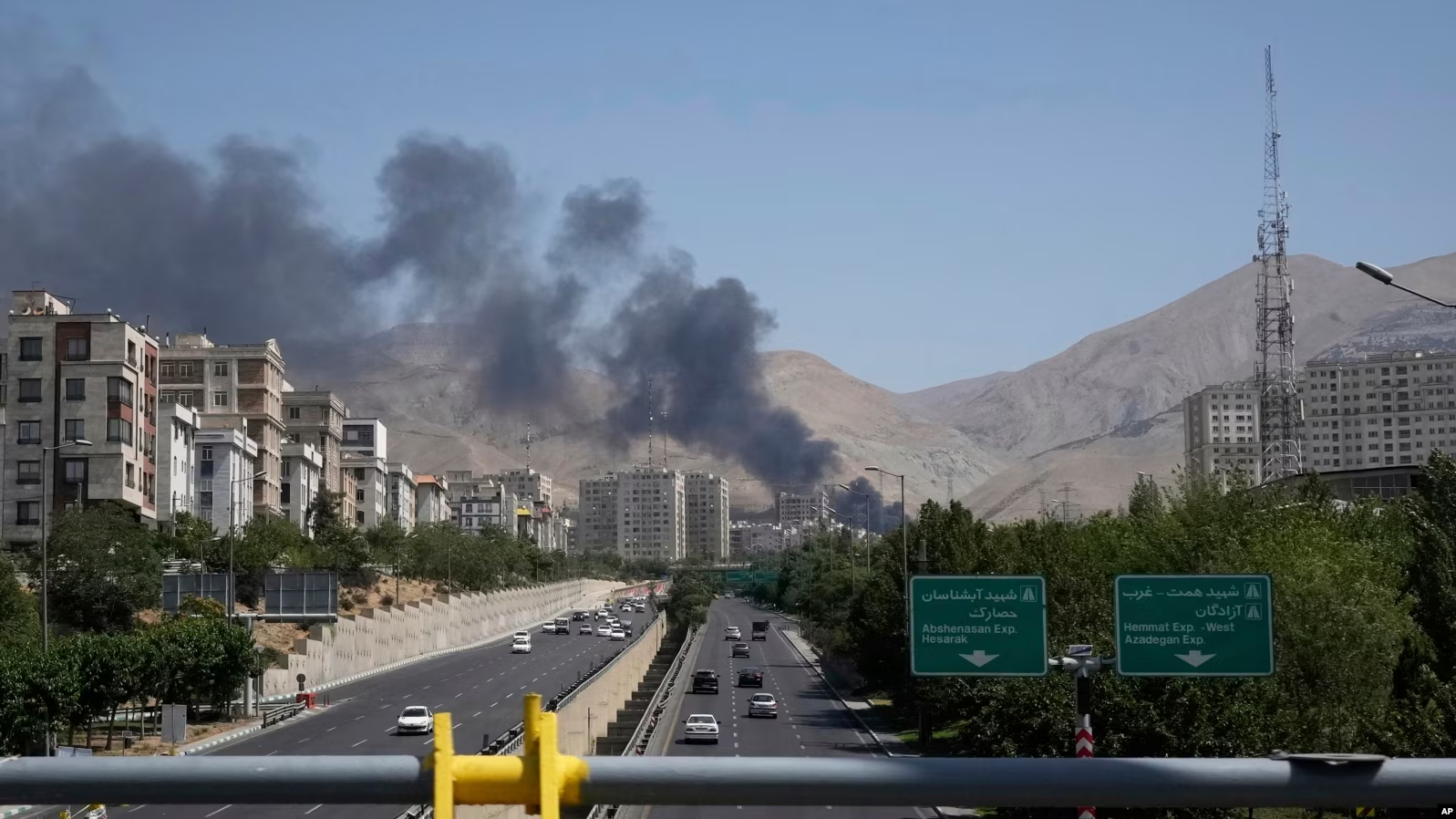The ongoing escalation between Iran and Israel is already disrupting Armenia’s trade flows and poses broader risks to the country’s economy, according to top Armenian officials.
Finance Minister Vahe Hovhannisyan has warned that the conflict could impact Armenia’s supply routes, as part of the country’s logistics depends on imports from or through Iran. He also acknowledged the broader uncertainty surrounding the impact of the conflict, stressing that the fallout will largely depend on the level and duration of hostilities.
“Various developments are possible,” Hovhannisyan said. “We assess risk scenarios in our budgetary planning. For instance, under one scenario, our projected economic growth could drop from 5.1% to 1.3%.” He noted that both negative and positive consequences are conceivable, drawing a comparison with the early stages of the 2022 Russia-Ukraine war, when dire forecasts gave way to unexpectedly positive developments for the Armenian economy. “That’s why we are cautious with our conclusions,” the minister said.
“These supplies may be delayed, disrupted, or become more expensive,” he added, highlighting that Armenia’s logistics rely heavily on Iranian routes. He warned that heightened tensions may also affect investor confidence. “If the situation worsens to the point that international investors begin to consider Armenia a risky environment for making investments, this may already affect the interest rate,” he said.
The government is monitoring the situation closely and modeling multiple risk scenarios to minimize potential fallout. However, Hovhannisyan confirmed that the Armenian government has not yet discussed possible responses to the disruption. While the Finance Ministry continues to track macroeconomic indicators, logistical challenges are being addressed by the Ministry of Economy, which is focused on preserving key supply chains—particularly those that pass through Iran, a critical corridor for Armenian trade.
Economy Minister Gevorg Papoyan confirmed that Armenian exporters and importers are already facing serious problems due to the fallout from the Iran-Israel conflict. “There are a number of goods that are now at Bandar Abbas port and haven’t exited it yet. A number of other goods are waiting on the roads. We have problems with exports, and our importers from Iran or through Iran are currently facing numerous problems,” Papoyan said during an emergency meeting of the National Assembly’s Standing Committee on Economic Affairs.
He acknowledged that the situation is largely out of Armenia’s control but expressed hope for a swift de-escalation. “We hope that the conflict between the two countries will end and we will be able to continue carrying unfettered trade through friendly Iran as we did before,” he said.
Iran is one of Armenia’s few overland commercial corridors to the outside world. According to various estimates, up to one-third of Armenia’s foreign trade passes through Iranian ports, including Bandar Abbas.
The disruption follows a sharp escalation in the region. On the night of June 13, Israel launched “Operation Rising Lion,” targeting Iranian nuclear and military facilities. Tehran responded with missile strikes on Tel Aviv and other cities. The ripple effects of this confrontation are already being felt in Armenia’s economy and regional access.
Following the strikes, Armenia’s Prime Minister, Security Council Secretary, Parliament Speaker, and Foreign Minister all publicly condemned the escalation. The Armenian government has emphasized the importance of regional stability and maintaining open trade routes.
Armenian officials say they are closely monitoring developments and exploring ways to mitigate risks, including potential shocks to investor confidence and inflation. However, for now, Armenia’s overall economic strategy remains unchanged.


